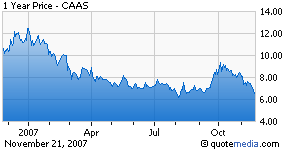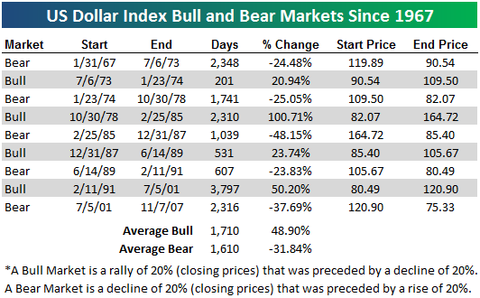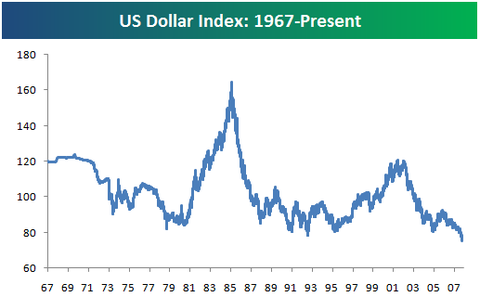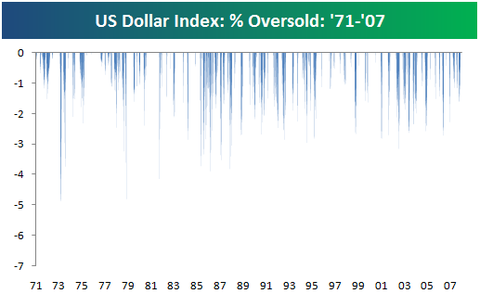China Automotive Systems (CAAS) has posted a couple of strong quarters lately, but the stock price has been inconsistent.
In Q2 of 2007, China Automotive Systems reported revenue of 36.31 million and earnings per diluted share of 0.10. CAAS’s revenue and earnings in Q2 were considerable improvements both sequentially and year over year.
In Q3 of 2007, China Automotive Systems reported revenue of 31.20 million and earnings per diluted share of 0.11. Revenues were up year over year but down sequentially due to seasonality of the Chinese passenger vehicle market. Earnings per share, however, improved both sequentially and year over year.
The fundamentals of CAAS have been improving but the stock price of China Automotive Systems has been behaving erratically. In September and October, the stock price of CAAS was trading above nine dollars and briefly traded over ten dollars. I don’t think the upward movement in CAAS’s stock price had much to do with Q2 earnings. The stock price barely reacted to this news. However, I think some of the big institutions shifted money into Chinese stocks due to the falling dollar (a lot of Chinese companies went up around this time).
The stock price of CAAS has been drifting down since its peak in October. The main reason for this is the CEO and COO sold some shares early in October. The stock price of CAAS has continued to go down since that time but I think now is a good time to pick up some shares.
China Automotive System’s stock price is currently trading near its support and I don’t think the stock price will go much lower. The fundamentals of China Automotive Systems are improving and the stock price will reflect this over time. Also, the Chinese automotive market continues to show strong growth. The CEO of CAAS stated the “Chinese domestic auto industry grew by 27% in the first nine months of 2007.”
CAAS is also trading at a nice valuation. At yesterday’s closing price of $6.40, it has a trailing PE of 19. That is very reasonable for a growing company.
I am going to reiterate my buy recommendation at yesterday’s closing price.

Disclosure: none




 Here's our summary of articles and data points on the housing market. It's part of Seeking Alpha's
Here's our summary of articles and data points on the housing market. It's part of Seeking Alpha's 


